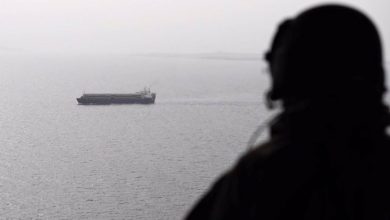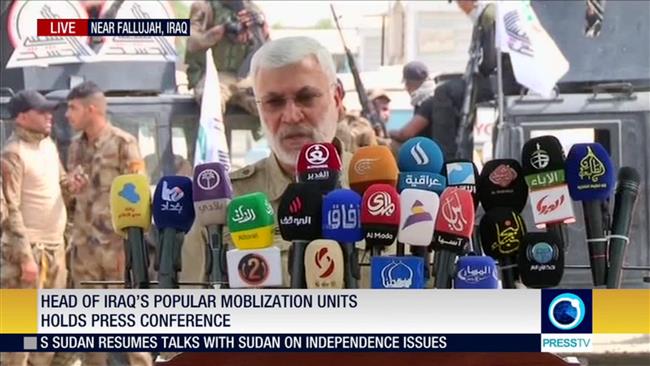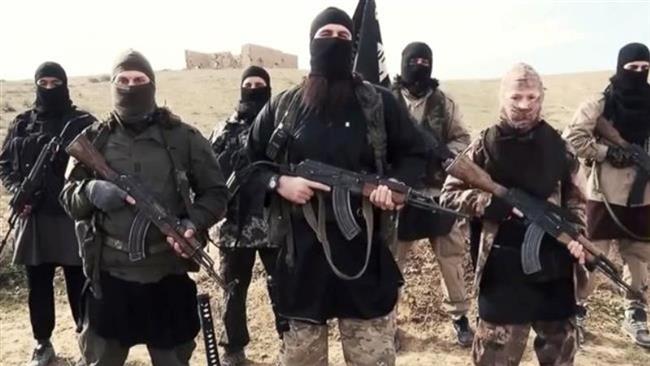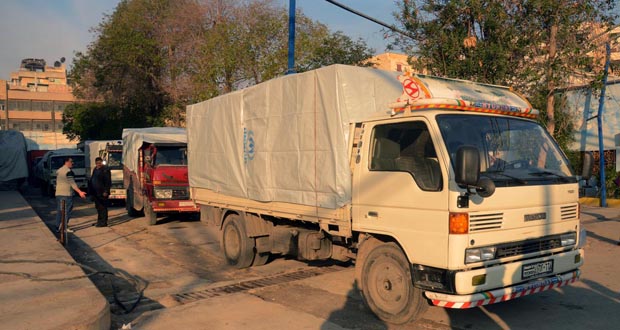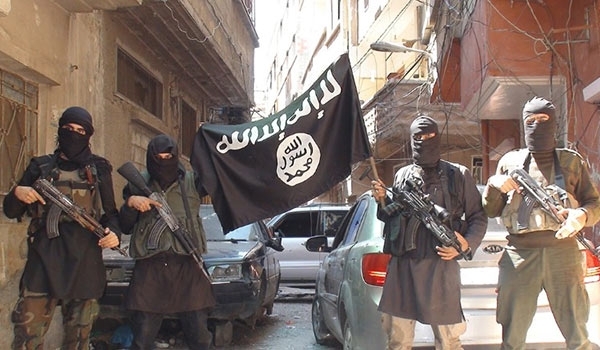Saudi Arabia vowed to support Syria if ties with Iran cut: Assad
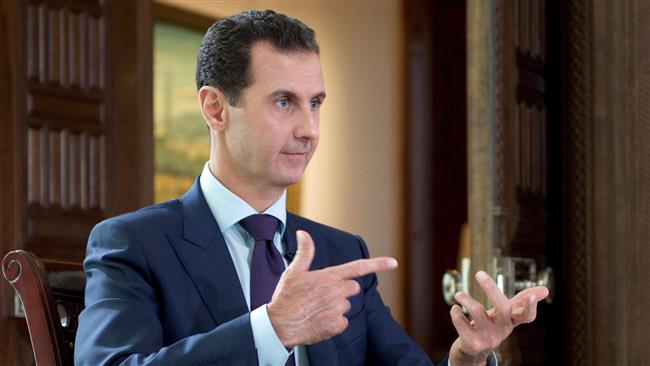

Syrian President Bashar al-Assad says Saudi Arabia had made a pledge to throw support behind him in case the Damascus government broke off all forms of relations with the Islamic Republic of Iran.
“If we were to move away from Iran and announced that we were refusing all relations with Iran, they said they would help me,” Assad said in an exclusive interview with Russian-language tabloid newspaper Komsomolskaya Pravda released on Friday.
He specified that the offer was made after the start of the conflict in Syria over five years ago.
The Syrian leader also praised Russian military operations in Syria, stressing that Takfiri terrorists have lost ground as a result of Russia’s military intervention in the conflict-plagued Arab country.
‘Terrorists must be either killed or returned to Turkey’
Turning to government forces’ push to drive militants out of Aleppo, Assad highlighted that the recapture of the strategic northwestern city, located some 355 kilometers north of the capital Damascus, will offer the Syrian army a springboard to liberate other parts of the country and send terrorists back to Turkey.
“It’s going to be the springboard, as a big city, to move to other areas, to liberate other areas from the terrorists. This is the importance of Aleppo now,” Assad said.
“You have to keep cleaning this area and to push the terrorists to Turkey to go back to where they come from, or to kill them. There’s no other option. But Aleppo is going to be a very important springboard to do this move,” he commented.
Assad went on to say that Turkey’s actions in Syria are international law and amount to an invasion.
He also described the ongoing foreign-sponsored militancy in Syria as a conflict between Russia and the West.
Hope for change in Turkey’s policy
Assad hoped that Russia could persuade neighboring Turkey to change its policy towards Syria in light of a rapprochement between Moscow and Ankara.

Turkey and Russia put an end to seven months of strained relations in June, when Turkish President Recep Tayyip Erdogan wrote a letter to his Russian counterpart Vladimir Putin, apologizing for the Turkish military’s downing of a Russian Su-24 fighter jet conducting an anti-terror mission in Syrian skies near the Turkish border in November last year. Of the two pilots aboard the warplane, one was rescued with the help of the Syrian army, but the other was killed by militants fighting the Syrian government.
Elsewhere in his remarks, the Syrian president drew parallel between Daesh, Jabhat Fateh al-Sham (formerly known as al-Nusra Front) and the so-called Free Syrian Army terrorist groups, stating that they are not different from one another concerning their nature.
“When it (the Free Syrian Army) started to grow and it became impossible to hide the crimes of beheadings, the West was forced to accept the existence of al-Nusra Front. But it is actually the Free Syrian Army. It is Daesh. They have the same roots and move from one area to another,” Assad said.
The conflict in Syria, which flared up in March 2011, has claimed the lives of more than 400,000 people, according to an estimate by UN Special Envoy for Syria Staffan de Mistura .
